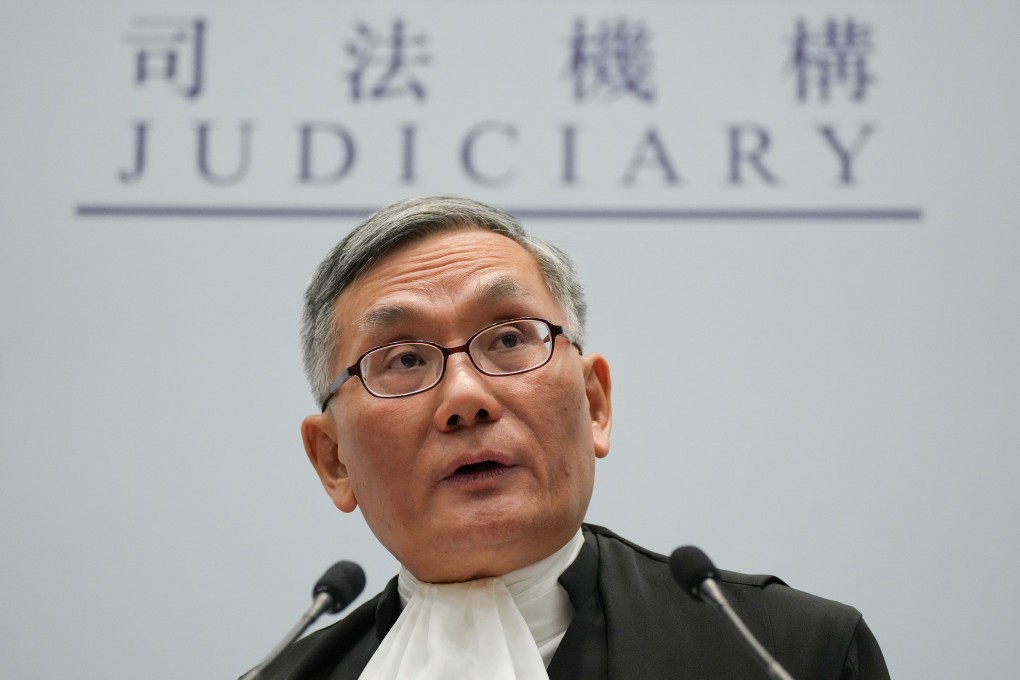Editorial | Despite challenges, Hong Kong’s justice system remains fair
- Critics, particularly those overseas, have their knives out but by sticking to long-held principles of common law, the city’s legal profession can ensure that courts will always rule without fear or favour

The ceremonial opening of the new legal year provides a platform for leaders of the profession to reflect on the past 12 months and raise matters of concern.
They have, in recent times, seized the opportunity to underline core principles of Hong Kong’s system amid much misunderstanding.
This year was no exception. The prominent figures, in their speeches, rallied behind the judiciary and underlined the role judges play in ensuring the system of justice is fair.
Their support is timely, providing a united response to criticism of the city’s courts from overseas for their role in applying the national security law, notably a bid by US lawmakers to sanction certain judges.
Chief Justice Andrew Cheung Kui-nung, one of those targeted, devoted his speech to the benefits of Hong Kong’s common-law system, highlighting fundamental features including an impartial judiciary, reasoned judgments, due process and the use of the English language alongside Chinese.
But Cheung also flagged “critical components” that require vigilance. These include a need to persuade top lawyers to join the bench. Vacancies must be filled to ensure a high-quality and sufficiently well-staffed judiciary.
